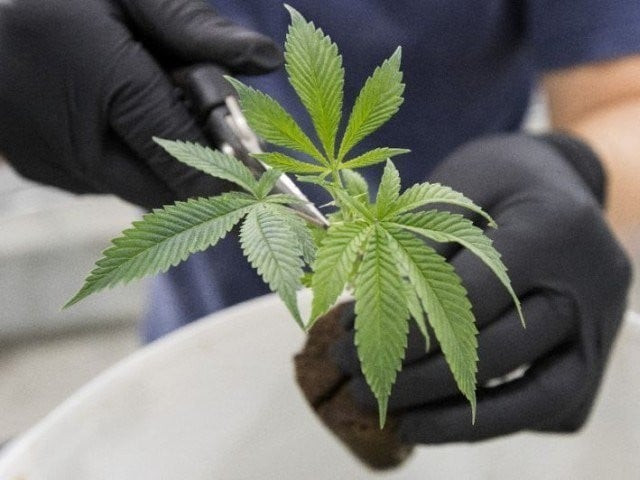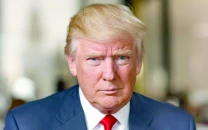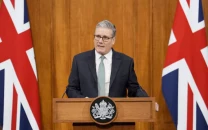Brazil approves medical marijuana, as Latin America drug taboo softens
Decision is a part of slowly changing worldwide view towards illegal drug used for medical benefits

The country's decision is a part of a slowly changing worldwide view towards illegal drug used for medical benefits. PHOTO: AFP/FILE
The new regulations will be published in the country's official gazette in the next few days and come into law 90 days after that, Anvisa said.
It also set out specific rules for the manufacture, import, sale, packaging, marketing and regulation of the new class of cannabis-based products.
Latin America has suffered countless drug-related deaths in recent decades, and stop-start moves towards the legalisation of medical - and even recreational - marijuana in countries like Colombia, Mexico and Uruguay represent a broader reassessment of drug laws in a region long-typified by aggressive prohibition.
Spectre of antimicrobial resistance and its implications
Brazil's decision is also part of a slowly changing worldwide view toward illegal drugs, with growing investment into the medicinal benefits of marijuana and other narcotics.
Nonetheless, in regional terms, Brazil may be arriving late, with both Uruguay and Colombia having both legalised medical marijuana and actively working towards gaining a firm foothold in the booming multi billion-dollar global market.
Uruguay was the first country to legalise the growing, sale and smoking of marijuana in December 2013 in a pioneering social experiment closely watched by other nations debating drug liberalisation.
Colombia has also legalised medical marijuana, while in Mexico; the Supreme Court ordered the country's health ministry to speed up its issuance of medical marijuana regulations, with recreational cannabis also being discussed by lawmakers.
Anvisa said that cannabis-based products will only be available for sale in registered pharmacies, and with a prescription.



















COMMENTS
Comments are moderated and generally will be posted if they are on-topic and not abusive.
For more information, please see our Comments FAQ